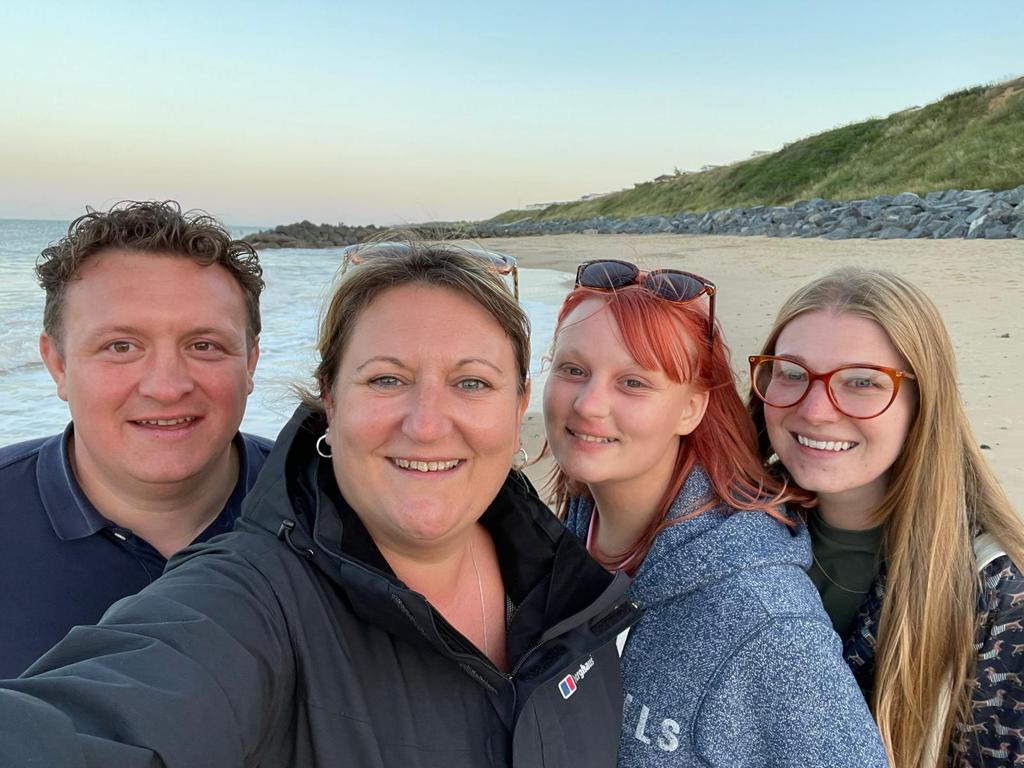I have always had a passion for helping people. I completed a Law degree in Southampton and then went on to study and complete my Legal Practice course at Anglia Ruskin University. I worked for a number of years at the Citizens Advice Bureau in Southampton and Chelmsford as a supervisor. I developed a good knowledge of the benefits system and in general people’s rights. I quickly realised that I enjoyed helping people whilst at the same time empowering them to live successful lives. I enjoyed the challenge of finding solutions to their problems. However with time passing I began to realise that I wanted more. I then made a big decision to change career paths.
I began working for an Essex based charity called InterAct supporting young people aged between 10 and 25 with additional needs. I found myself managing a number of projects for the charity and working with vulnerable young people and families. I have worked with many young people across Essex enabling their social skills, life skills, mental health and wellbeing in a safe group environment. Realising that their experiences were enhanced exponentially by the group environment. They were learning from their peers and staff, they were able to express themselves fully without the fear of being judged. They were learning in a fun environment, whilst being safe in the wider community and all of this without mum and dad. They received encouragement to accomplish new activities and challenges, and from that a sense of self achievement. Parents would often come back to me amazed at what their child had achieved! Many of these young people were faced with great social isolation and found it difficult to fit into society.
Realisation that there was generally a lack of provision for young people after the age of 19 is a real problem, not only for the parents and young people but also for me as a support provider. Even within the charitable sector, funding is very limited for adults. Often I was faced with having to tell both families and young people that we could not help them and that they could no longer access our services. Families and young people were left with no other option.
Many young people have a great deal of opportunities in their younger years with higher schooling hours and provisions provided by their council, giving them the opportunity to engage socially. Once young people leave school and move onto further education at college they then seem to find that the cliff edge of services is moving ever closer to them and they are waiting to topple over it into the world of adult social services and care. As is often the case with people with additional needs they need higher levels of support as they develop socially much later than neurotypical individuals. This support need continues into adulthood and for some may continue for the rest of their lives. So I was noticing more frequently the question from parents “What can we do after college?” This started me thinking and probing further with the parents and young people. “What would they do after college?”
For a few of the young people the next steps after college are exactly the same as neurotypical individuals, either find a job or venture into higher education. However this is not an option for the majority and parents are left bewildered at this stage not knowing where or who to turn to for advice. More importantly, “what will their loved ones will do with their free time?” Many parents have to increase their caring responsibilities or find alternatives. Yes it is true that there are some groups out there that can meet the needs of individuals for a few hours on a Thursday evening, but this is only the tip of the iceberg and doesn’t meet the need. Increasing the parent’s level of caring responsibilities puts a huge amount of stress on an already difficult family life situation. It can add more stress on families financial situations as the opportunity to work and support the family vanishes. Siblings and other family members feel supported less as the care receiver takes up a large proportion of family time.
Some young people will want to live independently and may well at this point feel that it is time for them to find somewhere to live. Many young people at this stage are not ready to lead a full independent life and the only option for them is to therefore move into a supported living setting or care home that can help them lead as much of an independent life as possible. However even this option still leaves the young person wanting to lead a normal social life where they need to expand their independence skills. This need is often answered with adult social care providing limited funding in the way of a 1:1 carer that will take them out and support them to access social activities in the wider community which is quite often done in an isolated way and not in a group environment. Many young people don’t require a 1:1 carer and only need support in limited circumstances. They still remain vulnerable and unable to deal with social settings, money handling skills and basic life skills. So paying for a 1:1 carer in these circumstances is not the most cost effective way to meet the need. Also putting a strain on the public purse.
The social care system needs a huge shake up if we are to achieve the high levels of care that our society expects. Therefore we all need to think outside of the box and look to meet the needs in an effective way.
The Independence Project was born! We aim to bridge this gap in services and meet the needs of the local community.
Andrew Denny
Director of Independence Project
